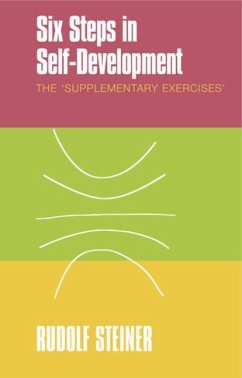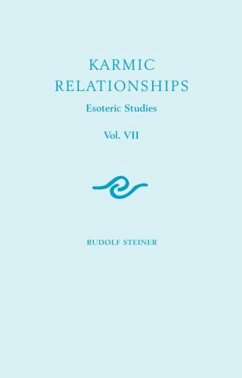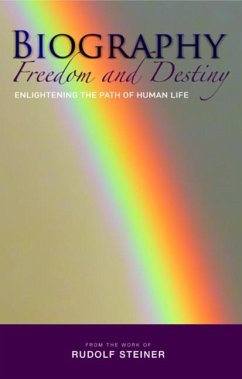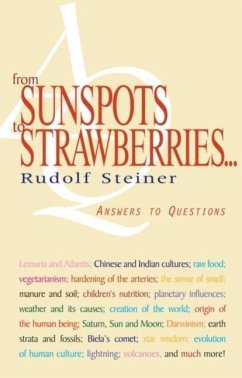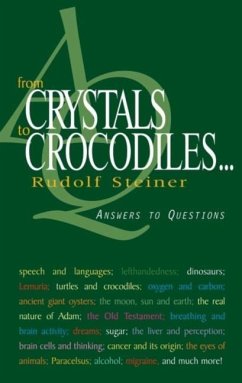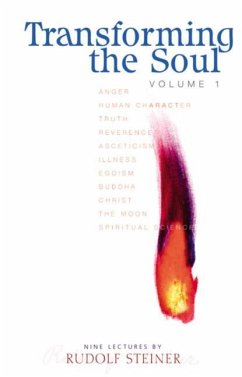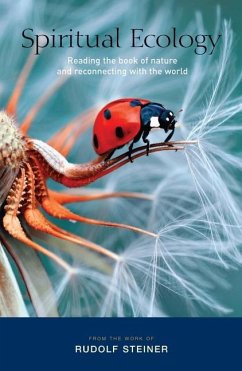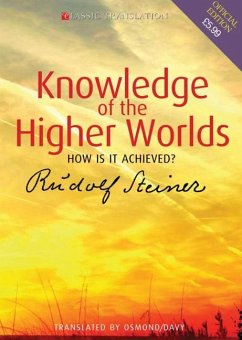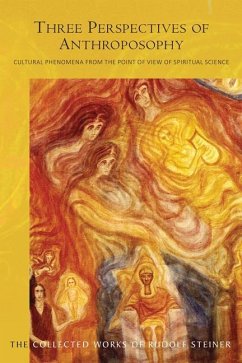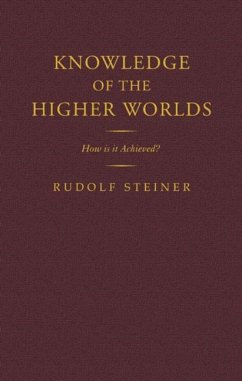
Astronomy and Astrology
Finding a Relationship to the Cosmos
Mitwirkender: Jonas, Margaret

PAYBACK Punkte
11 °P sammeln!
In the Middle Ages, astronomia--one of the seven liberal arts--was as much about astrology as it was astronomy. Indeed, the two disciplines did not part company until the seventeenth century, when the materialistic worldview began to gain greater prominence. Where human destiny was once connected with the stars and planets, and spiritual, or soul, qualities were associated with the natural world, the cosmos began to be seen as merely a matter of gases, fire, and dead rocks. Steiner brings a spiritual perspective to our study of the heavens. While criticizing the superficial nature of popular a...
In the Middle Ages, astronomia--one of the seven liberal arts--was as much about astrology as it was astronomy. Indeed, the two disciplines did not part company until the seventeenth century, when the materialistic worldview began to gain greater prominence. Where human destiny was once connected with the stars and planets, and spiritual, or soul, qualities were associated with the natural world, the cosmos began to be seen as merely a matter of gases, fire, and dead rocks. Steiner brings a spiritual perspective to our study of the heavens. While criticizing the superficial nature of popular astrology, Steiner shows that, as individuals with the guidance of spiritual beings, we choose the appropriate time of birth to match the destiny we are to live. This enlightening anthology, expertly collated by Margaret Jonas, features excerpts of Steiner's work on the spiritual individuals of the planets; the determination of human characteristics by the constellation at birth; the cultural epochs and the passage of the equinox; cosmic influences on the individual and humanity; life in the planetary spheres between death and rebirth; solar and lunar eclipses; comets; and much more.





